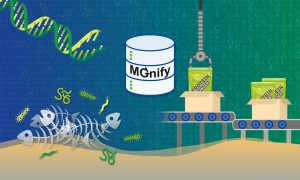
Case study: Discovering new enzymes to upcycle food waste
EMBL-EBI data resource helps scientists upcycle animal by-products.
SCIENCE & TECHNOLOGY2024
perspectivesscience-technology
Showing results out of

EMBL-EBI data resource helps scientists upcycle animal by-products.
SCIENCE & TECHNOLOGY2024
perspectivesscience-technology

EMBL-EBI Senior Scientist Rob Finn explains why data coordination and sharing are fundamental for a sustainable blue economy.
PEOPLE & PERSPECTIVES2023
people-perspectivesperspectivesscience
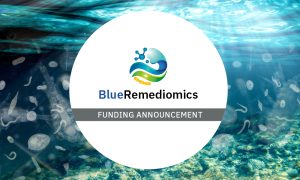
Funding awarded for developing tools to harness marine microbiome data for biotechnological applications and ecosystem services.
2023
announcementsscience

Rob Finn, one of the co-chairs of the Microbial Ecosystems theme, discusses his work, the challenges of multidisciplinary research, and how the theme is already helping to promote the exchange of scientific ideas.
LAB MATTERSPEOPLE & PERSPECTIVES2023
lab-matterspeople-perspectives
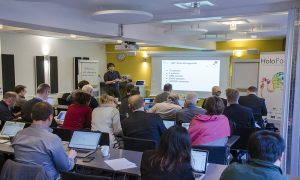
International project uses biomolecular data to improve animal feed and make meat production more sustainable
SCIENCE & TECHNOLOGY2021
sciencescience-technology

Using metagenomic data to find novel enzymes for plastic degradation and beyond
SCIENCE & TECHNOLOGY2021
sciencescience-technology
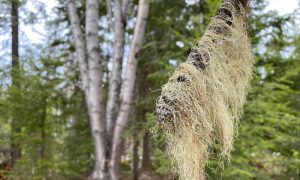
Researchers have used a metagenomics approach to piece together the genomes of yeasts found in wild lichens.
SCIENCE & TECHNOLOGY2021
sciencescience-technology
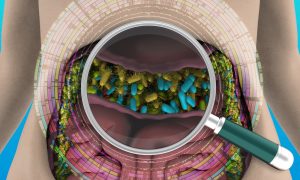
An international team of scientists has collated all known bacterial genomes from the human gut microbiome into a single large database. Their work will allow researchers to explore the links between bacterial genes and proteins, and their effects on human health.
SCIENCE & TECHNOLOGY2020
sciencescience-technology
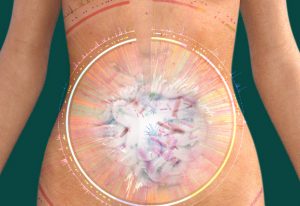
Researchers identify novel gut bacteria species and call for more data from beyond Europe and North America
SCIENCE & TECHNOLOGY2019
sciencescience-technology
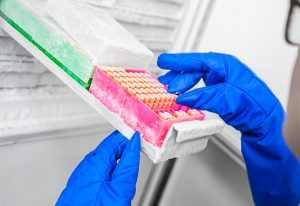
A new database of bacteria in the human microbiome is the most comprehensive to date.
SCIENCE & TECHNOLOGY2019
sciencescience-technology
No results found